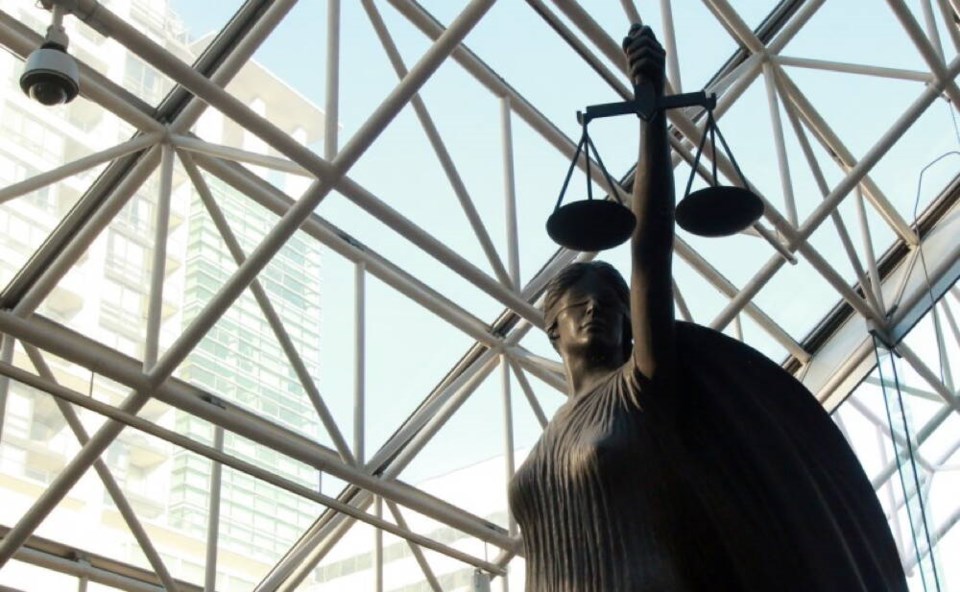A Sooke carpenter and day trader who says the value of his investments shot up to $415 million before Tesla stock took a dive and the value evaporated has launched a lawsuit against his financial advisers.
Christopher DeVocht, who is in his 30s, has filed a civil claim in the Supreme Court of ÎÚÑ»´«Ã½ in Vancouver against RBC Dominion Securities Inc., RBC Wealth Management Financial Services, and Grant Thornton LLP, alleging breach of contract and negligence.
His allegations have not been proven in court, and the defendants have not yet filed responses to the claim.
RBC and Grant Thornton officials each said Monday they have no comment because the matter is before the courts. Sean Hern, DeVocht’s lawyer, also had no comment.
These are DeVocht’s claims, as outlined in court documents.
He was in his early 20s when he started investing through a direct investing account to supplement his income, mainly losing money at first. He continued investing, devoting much of his spare time and most of his money to trading stocks and derivatives, largely Tesla Inc. By the end of June 2020, when DeVocht was 30, his portfolio, mainly Tesla shares and options, reached about $26 million and was “rising rapidly.” In July of that year, it was nearly $50 million.
Wanting to move out of his rental apartment and buy his own home, DeVocht contacted RBC private banking to ask if he could get a loan against the equity in his trading account. DeVocht worked with RBC financial advisers and a Grant Thornton accountant.
RBC considered DeVocht to be a sophisticated investor, which was true to some extent but his “knowledge of investing more generally, of financial planning, and of tax was in fact limited.” He was advised to incorporate a company, roll his securities into it and increase his concentration of Tesla stock to hold it for as long as possible. A “margin” account was set up for loans to carry out securities trading.
DeVocht increased his Tesla stock, which reached $415 million in value by November 2021. But in 2022, Tesla shares suffered a series of declines with only occasional rallies.
DeVocht borrowed $20 million from his corporation and used it to make short-term trades to the personal direct-trading account. This failed and the money was lost.
As Tesla stock values dropped, DeVocht’s corporation was forced to sell Tesla shares to repay loans from its margin account.
“In time, the plaintiff’s securities holdings were worth nothing,” court documents say.
If it wasn’t for inadequate advice, DeVocht and his corporation would have “preserved a substantial portion of their wealth and implemented financial planning that would not have resulted in the loss of their entire net worth,” the claim says.
>>> To comment on this article, write a letter to the editor: [email protected]



